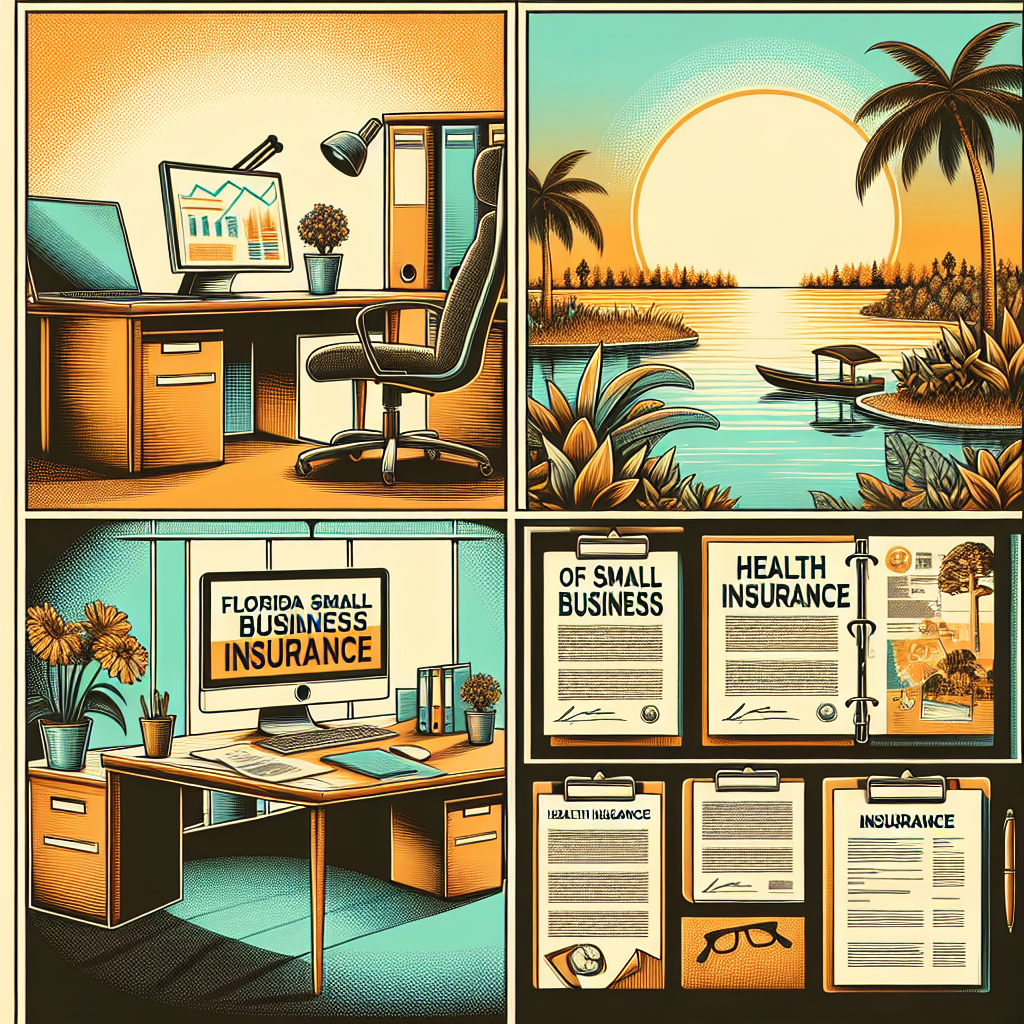Filed under Business Insurance on
Essential Guide to High Risk Business Insurance

In the dynamic world of business, risk is an ever-present factor. For companies labeled as "high-risk," the threats can be more pronounced, making adequate insurance coverage not just a recommendation, but a necessity. High risk business insurance serves as a financial safety net, protecting these businesses from potential losses due to lawsuits, damages, or other liabilities. Understanding this type of insurance can be pivotal in safeguarding your business. In this guide, we will delve into the essentials of high risk business insurance, providing clarity on why it's crucial and how to secure the best coverage for your unique business needs.
Understanding High Risk Business Insurance
High risk business insurance is a specialized type of coverage designed for industries or businesses that face a higher probability of claims or losses. These can include sectors such as construction, manufacturing, or even certain tech startups. But what exactly makes a business "high risk"? Typically, it is a combination of the nature of the work, the potential for human error, and the likelihood of facing significant liability claims. Expert opinions suggest that businesses in these categories should prioritize comprehensive insurance to mitigate potential financial setbacks.
Why Certain Businesses Are Considered High Risk
The classification of a business as high risk often depends on several factors. Some industries inherently involve more physical risks, such as construction with its reliance on heavy machinery, or oil and gas companies dealing with hazardous materials. Others may be deemed high risk due to a volatile legal environment, such as financial firms or healthcare providers. According to recent industry trends, businesses with a history of frequent claims or those operating in a field with rapidly changing regulations are also more likely to be classified as high risk. Therefore, obtaining high risk business insurance becomes integral to continued operations and financial stability.
The Scope of High Risk Business Insurance
High risk business insurance encompasses a range of policies tailored to address the unique dangers that high-risk industries face. These can include:
- General Liability Insurance: Covers legal costs and damages from accidents or injuries on your business premises.
- Product Liability Insurance: Protects against lawsuits related to product defects that cause harm.
- Professional Liability Insurance: Also known as Errors and Omissions insurance, it covers claims of negligence or unintentional mistakes in professional services.
- Property Insurance: Provides coverage for the physical assets of a company, including damages and losses caused by disasters or theft.
- Workers’ Compensation Insurance: Mandatory in many areas, this covers healthcare costs and lost wages for employees injured on the job.
Benefits of High Risk Business Insurance
The primary benefit of high risk business insurance is peace of mind. Knowing your business is protected against potential financial and legal issues allows you to focus on growth and innovation rather than worry about unforeseen disasters. In addition, having robust insurance coverage can enhance your company’s reputation with clients and investors, as it demonstrates a proactive approach to risk management.
Financial Security and Business Continuity
Unexpected incidents, such as natural disasters, lawsuits, or accidents, can quickly drain a company’s resources. High risk business insurance ensures financial security by covering the costs associated with these events. This protection is crucial for business continuity, allowing even high-risk companies to recover and resume operations promptly without severe financial detriment.
Compliance with Legal Requirements
For many high-risk industries, carrying adequate insurance is not just advisable—it's legally required. For instance, jurisdictions often mandate specific coverages like workers’ compensation. Failing to comply with these legal requirements can result in hefty fines and legal challenges. Securing appropriate high risk business insurance ensures compliance, helping you avoid legal complications and maintain a smooth operational status.
How to Choose the Right Insurance Provider
Selecting an insurance provider for high risk business insurance requires careful consideration. With numerous options available, it is essential to evaluate potential insurers based on specific criteria to ensure they meet your business’s unique needs.
Evaluate the Provider’s Experience and Reputation
Experience and reputation are critical factors when choosing an insurance provider. Seek out companies with extensive experience in handling high-risk clients. Their expertise will be invaluable in crafting a policy that adequately addresses the unique risks your business faces. Additionally, research industry ratings and customer reviews to gauge their reliability and quality of service.
Customizable Policy Options
Every business is unique, with specific risk factors and coverage needs. Opt for an insurance provider that offers customizable policies rather than one-size-fits-all solutions. Having the flexibility to choose specific coverages and limits ensures you pay for the protection you need without unnecessary add-ons.
Competitive Pricing and Value
While price should never be the sole factor in choosing an insurance provider, it is an important consideration. Compare quotes from multiple insurers while evaluating the coverage and benefits each policy offers. The goal is to find a balance between comprehensive protection and affordability. Keep in mind that paying a slightly higher premium for extensive coverage may be more cost-effective in the long run compared to saving on initial costs and facing larger expenses after a claim.
Tips for Securing Optimal Coverage
Ensuring you have the right high risk business insurance involves more than just picking a policy off the shelf. Here are some strategic tips to secure the best coverage for your business:
Conduct a Thorough Risk Assessment
Begin by conducting a comprehensive risk assessment to identify the specific vulnerabilities and liabilities associated with your business operations. This evaluation should be the foundation of your insurance decision-making process, allowing you to target coverage that directly aligns with your risks.
Work with an Experienced Insurance Broker
Partnering with an insurance broker who specializes in high-risk industries can offer significant advantages. Brokers have the expertise to navigate complex insurance markets, negotiate better terms, and help tailor policies that fit your exact needs, ensuring you don't overlook any crucial areas of coverage.
Regularly Review and Update Your Policy
Business risks can evolve over time, so it is vital to regularly review and adjust your insurance policy. This practice keeps your coverage relevant to your current operations and risks, preventing potential gaps that could leave you vulnerable to new threats.
Conclusion
High risk business insurance serves as an essential guardrail for companies navigating volatile waters. By understanding its importance and implementing a strategic approach to selecting and managing your coverage, you ensure your business is well-protected against potential financial setbacks. As you explore your insurance options, remember that the right policy not only offers peace of mind but also facilitates growth and stability. Being proactive about securing adequate insurance is a crucial step in ensuring the resilience and success of your high-risk business.
Ultimately, high risk business insurance plays a significant role in a company’s risk management strategy. With the right protection in place, high-risk enterprises can continue focusing on what they do best—innovating and expanding—while having the confidence that they are financially safeguarded against unforeseen events.





